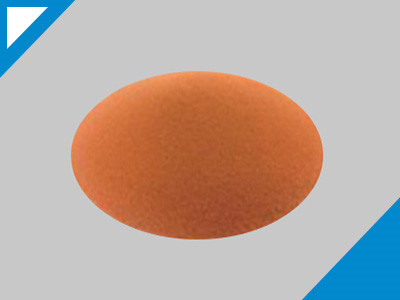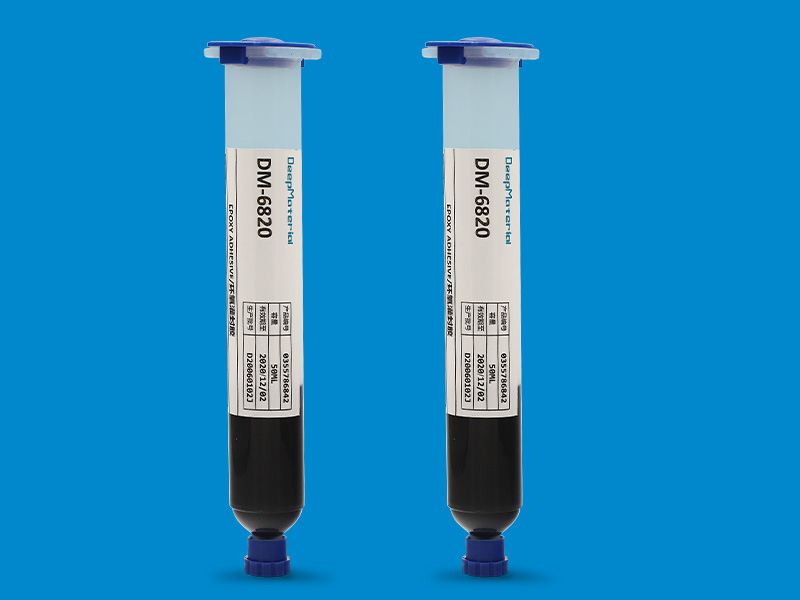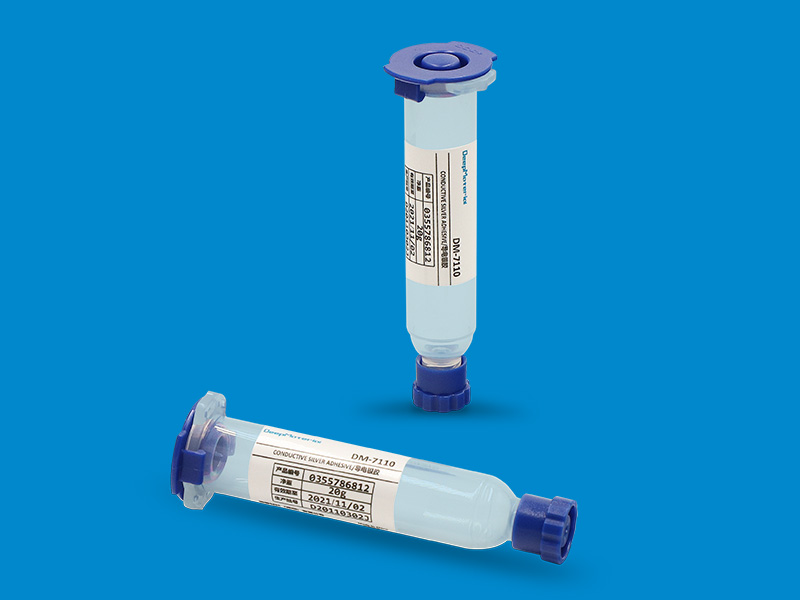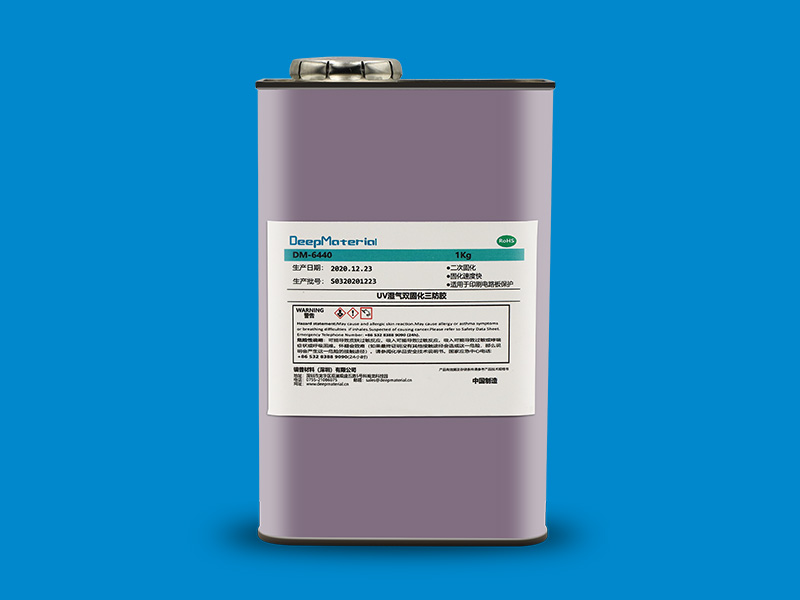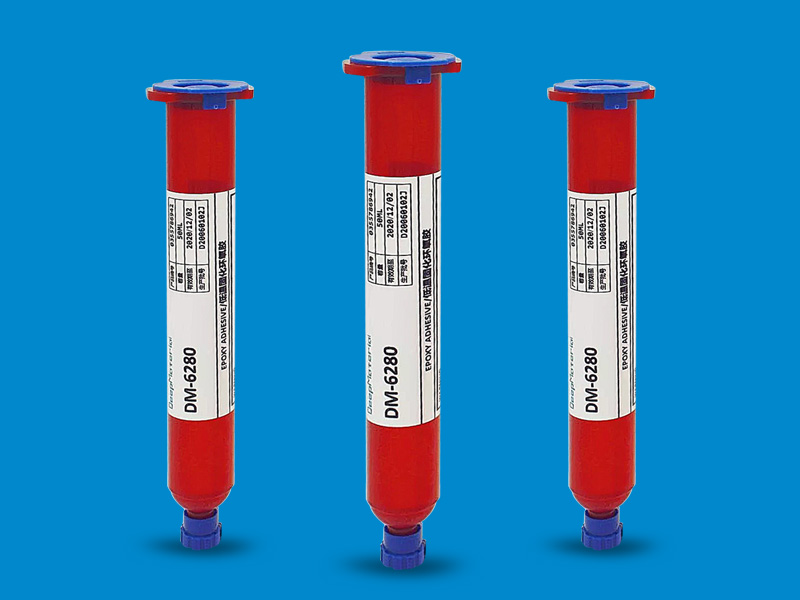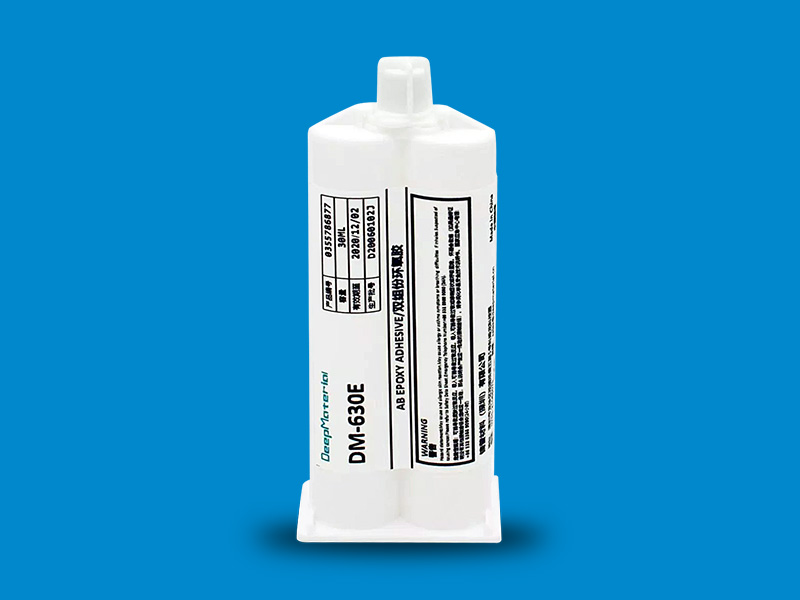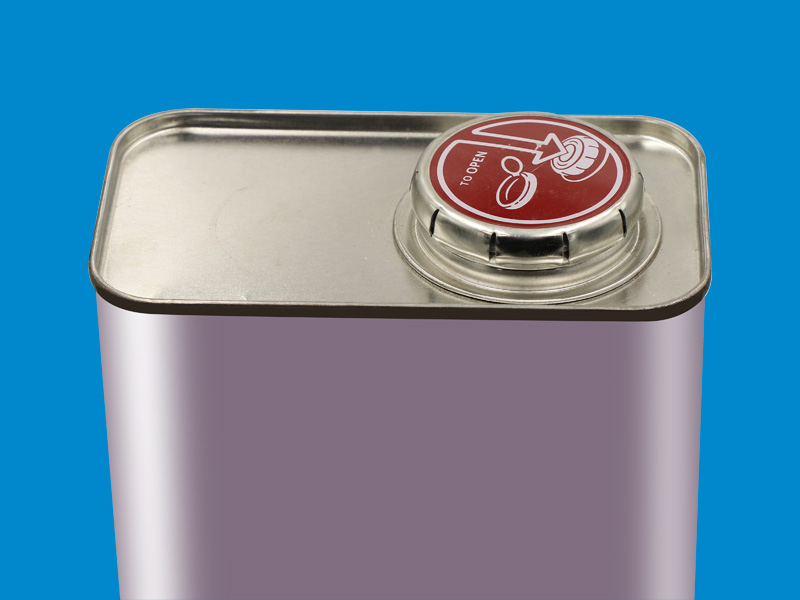Industrial Epoxy Adhesive Manufacturers: An In-Depth Overview
Industrial Epoxy Adhesive Manufacturers: An In-Depth Overview
Epoxy adhesives are a cornerstone of industrial applications, offering superior bonding strength, durability, and resistance to environmental factors such as heat, chemicals, and moisture. These adhesives are used across various industries, including automotive, aerospace, electronics, construction, and marine, where high-performance bonding solutions are critical.
The global epoxy adhesive market is driven by the increasing demand for lightweight and durable materials, advancements in adhesive technologies, and the rising need for cost-effective and efficient bonding solutions. As a result, the role of industrial epoxy adhesive manufacturers has become more significant, with these companies continuously innovating to meet the diverse needs of modern industries.
The Manufacturing Process of Epoxy Adhesives
Raw Material Sourcing and Preparation
The manufacturing of epoxy adhesives begins with sourcing high-quality raw materials. The primary components include epoxy resins, hardeners (curing agents), fillers, and various additives that enhance the adhesive’s properties. Epoxy resins are typically derived from petrochemical feedstocks, while hardeners are formulated from amines, anhydrides, or other chemical compounds that initiate the curing process.
Once the raw materials are sourced, they undergo rigorous testing to ensure they meet the required purity, consistency, and performance standards. These materials are then carefully prepared and blended to create the base formulation of the epoxy adhesive.
Formulation and Mixing
In the formulation stage, manufacturers determine the epoxy adhesive’s specific properties, such as viscosity, cure time, bonding strength, and resistance to environmental factors. This is achieved by adjusting the ratios of epoxy resin to hardeners and incorporating fillers and additives.
The mixing process is critical to achieving a homogeneous adhesive with consistent properties. Manufacturers use specialised equipment to blend the components thoroughly, ensuring the adhesive performs reliably in its intended application. During this stage, the mixture is often subjected to quality control tests to verify that it meets the desired specifications.
Degassing and Packaging
After mixing, the adhesive is typically degassed to remove any trapped air bubbles that could compromise its bonding strength or durability. This is done using vacuum chambers or other degassing equipment. Depending on the end-user’s needs, the degassed adhesive is then packaged in various forms, such as cartridges, syringes, or bulk containers.
Packaging is a crucial aspect of the manufacturing process, as it must protect the adhesive from contamination and ensure its shelf life. Manufacturers often package epoxy adhesives in dual-component systems, where the resin and hardener are kept separate until use to prevent premature curing.
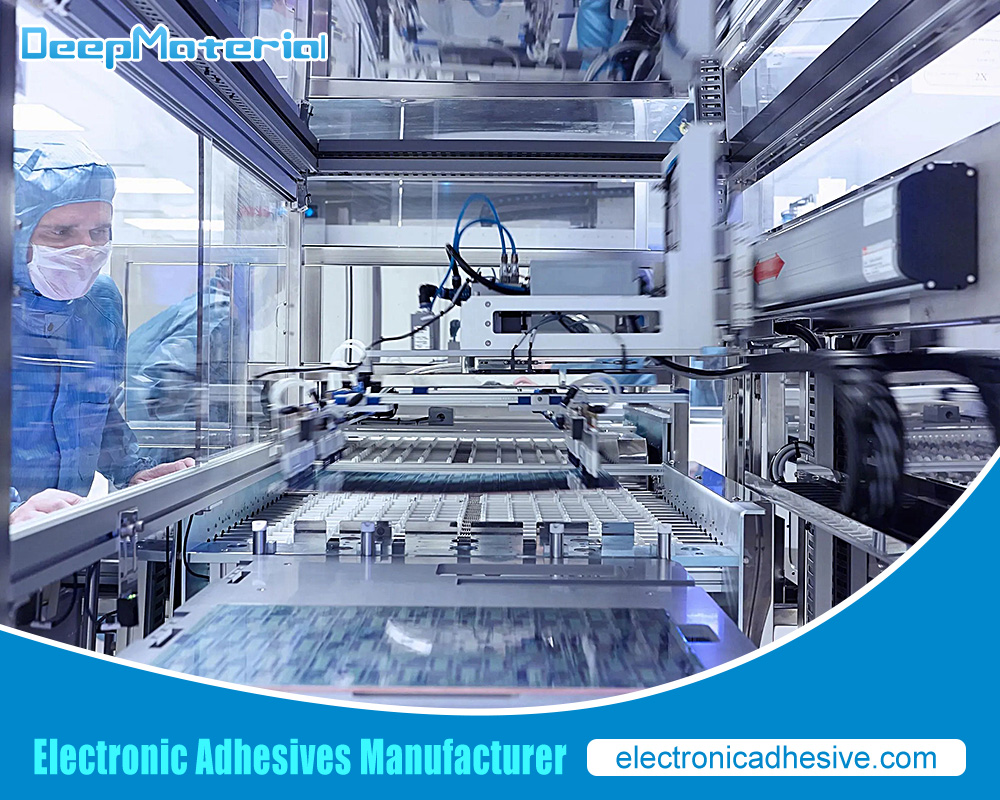
Leading Industrial Epoxy Adhesive Manufacturers
Henkel AG & Co. KGaA
Henkel, a German multinational company, is one of the leading manufacturers of industrial epoxy adhesives. The company offers a wide range of adhesive solutions under its Loctite brand, known for its reliability and performance in demanding applications. Henkel’s epoxy adhesives are widely used in the automotive, electronics, and aerospace industries.
Henkel’s commitment to innovation is evident in its ongoing research and development efforts, which focus on creating adhesives with improved performance, sustainability, and ease of use. The company’s products are designed to meet the evolving needs of its customers, from high-strength structural adhesives to fast-curing solutions for automated production lines.
3M Company
3M is another global leader in the adhesive industry, offering a broad portfolio of epoxy adhesives tailored to various industrial applications. The company’s products are known for their versatility, with solutions available for bonding metals, plastics, composites, and other materials.
3 M’s epoxy adhesives are used in applications ranging from automotive assembly to electronic device manufacturing. The company strongly emphasises sustainability, developing adhesives that reduce waste, energy consumption, and environmental impact. 3 M’s innovative approach to adhesive technology has earned it a reputation as a trusted partner for manufacturers worldwide.
Huntsman Corporation
Huntsman Corporation, based in the United States, is a significant player in the global epoxy adhesive market. The company’s Advanced Materials division offers a comprehensive range of epoxy adhesives designed for high-performance bonding in aerospace, automotive, and electronics industries.
Huntsman’s products are known for their superior mechanical properties, including high strength, toughness, and resistance to harsh environments. The company invests heavily in research and development, working closely with customers to develop tailored adhesive solutions that meet specific application requirements.
Sika AG
Sika, a Swiss-based company, is renowned for its construction and industrial adhesives expertise. The company’s epoxy adhesives are widely used in the construction, automotive, and transportation industries, providing strong and durable bonds for various substrates.
Sika’s commitment to innovation and sustainability is reflected in its product offerings, including adhesives that cure lower temperatures, reducing energy consumption and production costs. The company’s global presence and extensive distribution network make it a key player in the industrial epoxy adhesive market.
H.B. Fuller
H.B. Fuller, headquartered in the United States, is a global leader in adhesive solutions, including epoxy adhesives for industrial applications. The company’s products are used in various industries, from automotive and aerospace to electronics and renewable energy.
H.B. Fuller’s epoxy adhesives are known for their exceptional bonding strength, durability, and resistance to environmental factors. The company focuses on developing adhesives that improve manufacturing efficiency, reduce costs, and enhance the performance of end products.
Critical Applications of Industrial Epoxy Adhesives
Automotive Industry
In the automotive industry, epoxy adhesives are essential for assembling and bonding various components, including body panels, structural parts, and interior elements. These highly durable adhesives improve the vehicle’s overall safety and performance. Additionally, epoxy adhesives enable the use of lightweight materials, such as composites and aluminium, which are critical for improving fuel efficiency and reducing emissions.
Epoxy adhesives are also used in automotive electronics, providing reliable bonding and protection for sensors, control units, and other electronic components. Their ability to withstand harsh environments, such as high temperatures and exposure to chemicals, makes them a preferred choice in automotive manufacturing.
Aerospace Industry
The aerospace industry demands adhesives with exceptional performance characteristics, as they are used in critical applications such as bonding aircraft structures, composites, and engine components. Epoxy adhesives meet these requirements by offering high strength, resistance to extreme temperatures, and compatibility with various materials.
Epoxy adhesives are used in structural bonding, electrical insulation, and protection against environmental factors in the assembly of avionics and other electronic systems. The aerospace industry’s stringent safety and performance standards drive the continuous development of advanced epoxy adhesive solutions.
Electronics Industry
Epoxy adhesives play a vital role in the electronics industry, where they are used for bonding, encapsulating, and potting electronic components. These adhesives provide excellent adhesion to a wide range of substrates, including metals, plastics, and ceramics, ensuring the reliability and longevity of electronic devices.
The demand for miniaturisation and high-performance electronics has led to developing epoxy adhesives with enhanced thermal conductivity, electrical insulation, and resistance to environmental stress. Manufacturers of electronic devices, such as smartphones, computers, and medical equipment, rely on epoxy adhesives to meet the rigorous demands of modern technology.
Construction Industry
Epoxy adhesives are used in the construction industry for bonding and sealing applications in concrete, masonry, and other building materials. Their high strength and durability make them ideal for structural bonding, anchoring, and repair work.
Epoxy adhesives are also used in flooring systems, providing a durable, chemical-resistant surface for industrial and commercial environments. The construction industry’s growing focus on sustainability and energy efficiency has led to developing epoxy adhesives with low emissions and improved environmental performance.
Marine Industry
The marine industry requires adhesives that withstand harsh saltwater conditions, UV exposure, and extreme temperatures. Epoxy adhesives are widely used in the construction and repair of boats, ships, and offshore structures, providing strong and durable bonds for various materials, including metals, composites, and wood.
Epoxy adhesives are also used in marine coatings and sealants, where they provide protection against corrosion and water ingress. Their durability and versatility make them an essential component of marine manufacturing and maintenance.
Innovations and Trends in the Epoxy Adhesive Industry
Sustainability and Eco-Friendly Adhesives
As industries worldwide focus more on sustainability, the demand for eco-friendly adhesives is growing. Manufacturers are developing epoxy adhesives with reduced environmental impact by using bio-based raw materials, reducing volatile organic compounds (VOCs), and improving energy efficiency in production processes.
These sustainable adhesives offer comparable performance to traditional products while minimising the ecological footprint. The trend towards greener adhesives aligns with global efforts to reduce carbon emissions and promote sustainable practices across various industries.
Innovative Adhesives and Enhanced Performance
The advancement of innovative materials has extended to the adhesive industry, with manufacturers developing epoxy adhesives that offer enhanced performance. These innovative adhesives may include self-healing properties, temperature-sensitive behaviour, or conductivity, making them suitable for advanced electronics, aerospace, and automotive applications.
The development of intelligent adhesives is driven by the need for materials that can adapt to changing conditions, improve the reliability of bonded structures, and extend the lifespan of products.
Customization and Application-Specific Solutions
Industrial epoxy adhesive manufacturers increasingly focus on customised solutions tailored to specific applications. By working closely with customers, manufacturers can develop adhesives that meet the unique requirements of different industries, such as faster curing times, improved adhesion to challenging substrates, or enhanced resistance to environmental factors.
Customization allows manufacturers to offer more value to their customers, enabling them to achieve better performance, efficiency, and cost-effectiveness in their production processes.
Automation and Precision in Adhesive Application
Adopting automation in manufacturing processes has led to developing epoxy adhesives compatible with automated dispensing systems. These adhesives are designed for precision application, ensuring consistent bonding quality and reducing waste.
Automation also allows for faster production times and greater control over the adhesive application process, which is particularly important in the automotive, electronics, and aerospace industries. Manufacturers continually refine their adhesive formulations to meet the demands of automated systems, contributing to more efficient and scalable production.
Challenges Faced by Epoxy Adhesive Manufacturers
Raw Material Sourcing and Costs
The availability and cost of raw materials are significant challenges for epoxy adhesive manufacturers. The prices of petrochemical feedstocks, amines, and other vital components can fluctuate due to market conditions, geopolitical factors, and supply chain disruptions.
Manufacturers must navigate these challenges by diversifying their supply chains, developing alternative raw materials, and optimizing production processes to reduce costs. Effectively managing raw material sourcing is critical to maintaining competitiveness in the global market.
Regulatory Compliance and Safety
Epoxy adhesives are subject to stringent regulatory requirements concerning safety, environmental impact, and chemical content. Manufacturers must ensure their products comply with regulations in different regions, such as the European Union’s REACH (Registration, Evaluation, Authorization, and Restriction of Chemicals) and the U.S. Environmental Protection Agency (EPA) standards.
Compliance with these regulations requires continuous monitoring of product formulations, raw material sources, and manufacturing processes. Manufacturers must also invest in research and development to create safer, more sustainable adhesive solutions that meet evolving regulatory standards.
Competition and Market Dynamics
The industrial epoxy adhesive market is highly competitive, with numerous global and regional players vying for market share. Manufacturers must differentiate by offering innovative products, superior performance, and exceptional customer service.
Staying ahead of the competition requires continuous investment in research and development and a deep understanding of market trends and customer needs. Manufacturers who can anticipate and respond to market changes are more likely to succeed in maintaining and growing their market position.

Conclusion
Industrial epoxy adhesive manufacturers play a crucial role in supporting the needs of modern industries, providing high-performance bonding solutions that are essential for various applications. As the demand for durable, reliable, and sustainable adhesives continues to grow, manufacturers must innovate and adapt to meet the evolving challenges of the global market.
From automotive and aerospace to electronics and construction, epoxy adhesives are integral to manufacturing, creating safer, more efficient, and longer-lasting products. The future of the epoxy adhesive industry will be shaped by advancements in technology, sustainability initiatives, and the ability to deliver customised solutions that meet the specific needs of different industries.
For more about choosing the Top Industrial Epoxy Adhesive Manufacturers: An In-Depth Overview, you can pay a visit to DeepMaterial at https://www.electronicadhesive.com/ for more info.



